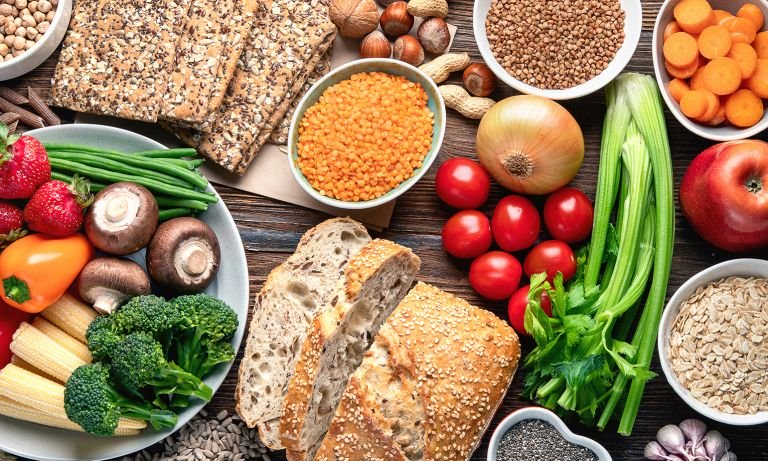The road to becoming a mother is not an easy one. It comes with its fair share of highs and lows that need to be tackled with in the right way. When a woman finds out she is pregnant, thoughts cross her mind in abundance, often leading to a jumbled-up puzzle in her head. Mommies-to-be are super women! She carries the baby in the womb for nine months and struggles with a whole lot of morning sickness, unusual cravings, health issues, and stress. Hence, it is essential for her loved ones to shower her with love, deal with out-of-the-blue tantrums and attend to her dietary needs. After all, eating well plays the most vital part in the baby’s development too. Compiled from various sites, here are a list of foods preggo-mamas should eat and those that need to be avoided all the way from the first to the third trimester. Give it a read!
To eat:
A healthy diet consists of a balance in carbohydrates, fats, proteins, vitamins, minerals and lots of water. Pregnant women are expected to choose foods from what are considered to be the five essential food groups including vegetables, fruits, dairy, grains and proteins.
Eating healthy prevents pregnancy complications such as preterm birth, high blood pressure, and preeclampsia. Its crucial for moms-to-be to start off on the right foot. During pregnancy, women should ensure they are eating a hale and hearty diet to encourage healthy growth.
Fruits
Each trimester is important in its own way. Fruits are essential for the growth of a baby. Include at least one citrus fruit including orange, grapefruit or tangerine in your diet because they are rich in vitamin C. But it is always better to eat a whole fruit instead of blending it into a juice because the latter may lead to high sugar levels and does not provide the amount of fibre a whole fruit does. One serving equals one medium piece of fruit such as an apple or orange.
Vegetables
Health experts say to think of a rainbow as you fill your plate with vegetables. Opt for veggies that are dark green (broccoli, kale, spinach), orange (carrots, sweet potatoes, pumpkin, winter squash), yellow (corn, yellow peppers) and red (tomatoes, red peppers). One serving equals 1 cup of raw leafy vegetables such as spinach or lettuce, or 1/2 cup chopped vegetables, cooked or raw, according to an article on leading magazine Parents.
Dairy products
Milk, yoghurt and cheese provide the calcium that your baby needs to grow and that you need to keep your bones strong. However, you may go for low-fat or non-fat dairy products. If you are lactose intolerant and can’t digest milk, choose lactose-free milk products, calcium-fortified foods, and beverages such as calcium-fortified soymilk. According to the magazine, one serving equals 1 cup of milk or yogurt, 11/2 ounces of natural cheese such as cheddar or mozzarella, or 2 ounces of processed cheese such as American. Tip: Consume dairy foods in small portions to avoid heartburn!
Protein-rich foods
Select lean meats, poultry, fish, and eggs prepared with minimal amounts of fat. Notably, beans are also a good source of protein and so are lentils, split peas, nuts, and seeds.
Whole grains
Consuming maximum amount of fibre is key! Whole grain breads, cereals, crackers and pasta contain fibre, which aids in maintaining proper bowel function and can reduce your chances of developing constipation and other indigestion related problems. Note: Choose whole grain foods instead of those made with white flour.
To avoid:
- Caffeine
- Raw meat
- Raw eggs
- Raw fish, especially those with high mercury levels
- Unpasteurized dairy products
- soft cheeses, such as Brie, blue cheese, and feta
- ready-to-eat meats and seafood
